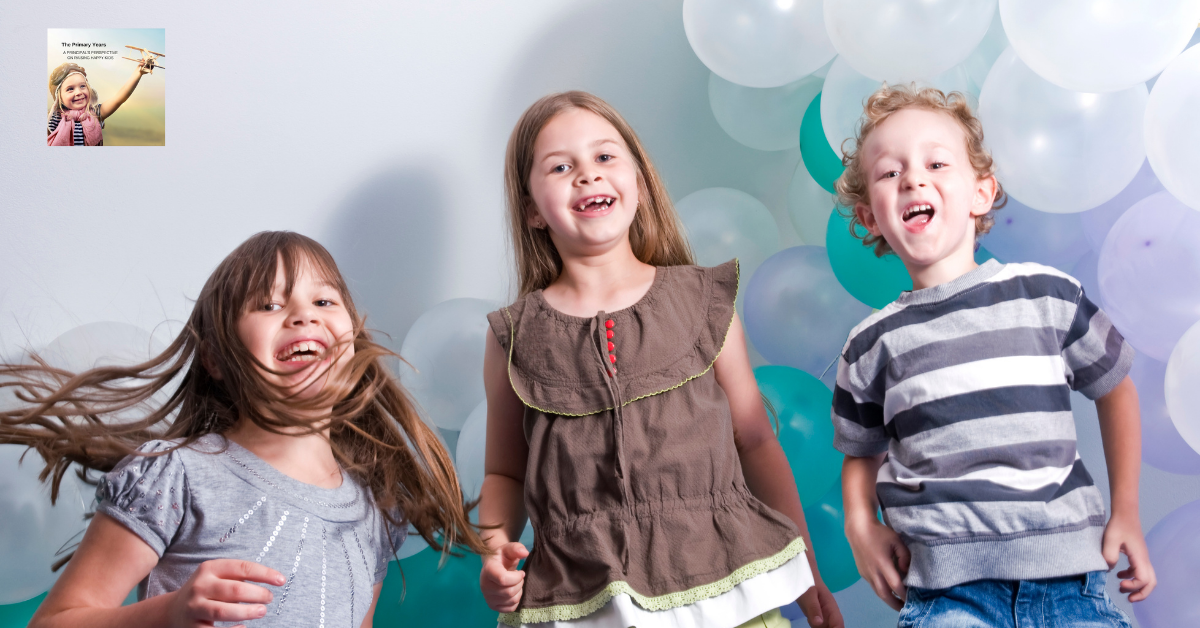The Art of being Happy
Our children deserve to be happy. By nature of being a child, they are keen to smile, feel happy and enjoy their early years filled with imagination and light. Sounds idealistic I appreciate. We also know how we have to keep them in the real world which at times can be a quick shock to be taken out of fantasy, creativity and imagination.
However, being happy around your children is a warm and delightful way to demonstrate that life can and should be happy. Some of us have more serious dispositions. Some are lighter and look for the enjoyment and lighter side of life. Therefore, all families will be different in how they present themselves to their children.
We do need to teach our children that happiness can be found in any moments of the day, across a lifetime. It should be clear what makes us happy and we should be looking optimistically for things that make us happy. Such a disposition is mentally healthy. It is all about how we feel inside and we all naturally want to feel healthy and happy inside ourselves.
If a classroom does not have a happy disposition, the children’s capacity to learn is down. They want to be around happy light-minded teachers as they feel reassured and valued. Such teachers give them reassurance that they can make mistakes as they learn.
When hiring teachers, I was always looking for those teachers who savoured life and had a happy disposition. I owed this to the children they would teach.
My job as Principal was to ensure that the pal was very obvious in the word, Principal. The more they saw you as a friendly, happy person, the more approachable you seemed to them and therefore the more relevant.
Consider the following concepts that you teach your child when you are happy in yourself.
They want to imitate that sense of being happy. You’re modelling here is so important.
They see it as the right way to be rather than anxious and unsettled. This means that they are less inclined to gravitate around people who bring them down.
They seek out similar children who likewise enjoy being happy and avoid those that bring them down.
When they are happy, they likewise will attract similar personalities.
Children begin to condition themselves into wanting to feel good. It is a more satisfying feeling than being down and intense. This is a positive outcome from being happy.
They are developing into more interesting young adults when they seek out happiness. People notice warm hearted people.
As they build on happiness, they become more insightful people who see life as a great opportunity and a place in which to be.
“Each day of our lives we make deposits in the memory banks of our children.”









